Ongoing challenges in solar cell production may partly explain why non-renewable energy resources—such as coal, oil, and natural gas—have overshadowed current optoelectronic devices.
Now, researchers at Kyoto University may have found an environmentally friendlier solution with enhanced performance, utilizing PEDOT: PSS/silicon heterojunction solar cells. This hybrid type is made of organic-inorganic material, which could potentially ease the production process compared to conventional silicon-only solar cells.
“We wanted to avoid manufacturing solar cells in vacuums and high-temperature processes, which require large and expensive equipment and a great amount of time,” explains lead author Katsuaki Tanabe.
Anticipating a challenge, the team set out to fabricate solar cells from silicon wafers under only ambient temperature and pressure conditions. However, their efforts yielded worthy results after optimizing process conditions for the wafers.
These polished wafers were first diced into 8-mm square pieces and coated with PEDOT: PSS aqueous solution and silver electrodes in various sequences.
“Our approach enabled us to achieve improved production speed at lower cost and with a power generation efficiency above 10%,” says the author.
Tanabe’s team posits that this new, more efficient production process may lead to large-scale diffusion of photovoltaic power generation. This system could see the wider utility in various settings, such as in education or in developing economies.
“Next, we will focus on optimizing impurities and additive concentrations in our production, as well as other structural innovations,” concludes Tanabe.
The findings are published in the journal PNAS Nexus.
—
Publication Referenced in the Article:
Kazuya Okamoto et al., An all ambient, room temperature–processed solar cell from a bare silicon wafer, PNAS Nexus (2023). DOI: 10.1093/pnasnexus/pgad067
—
This article has been adapted from source material published by Kyoto University.




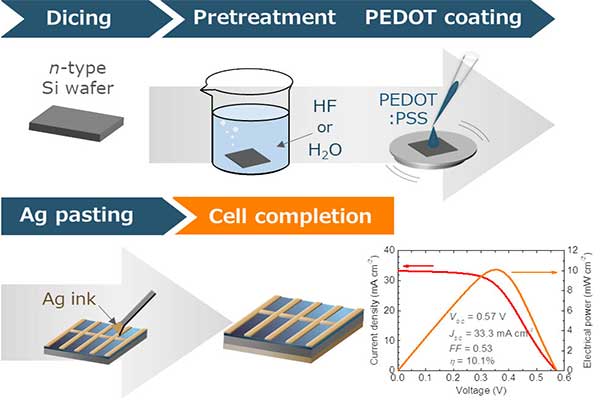

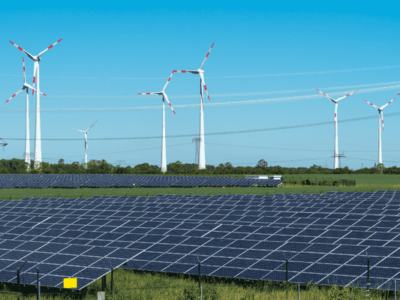
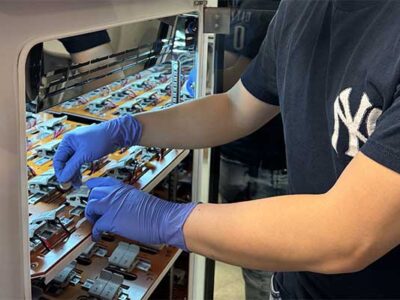
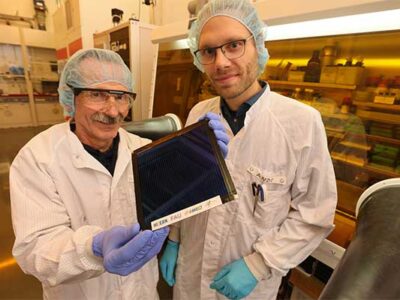
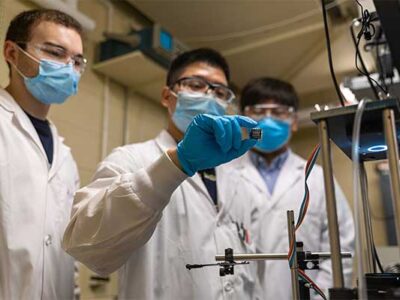
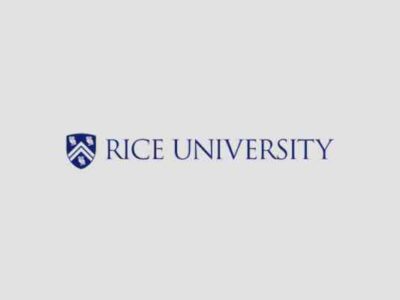



Comments